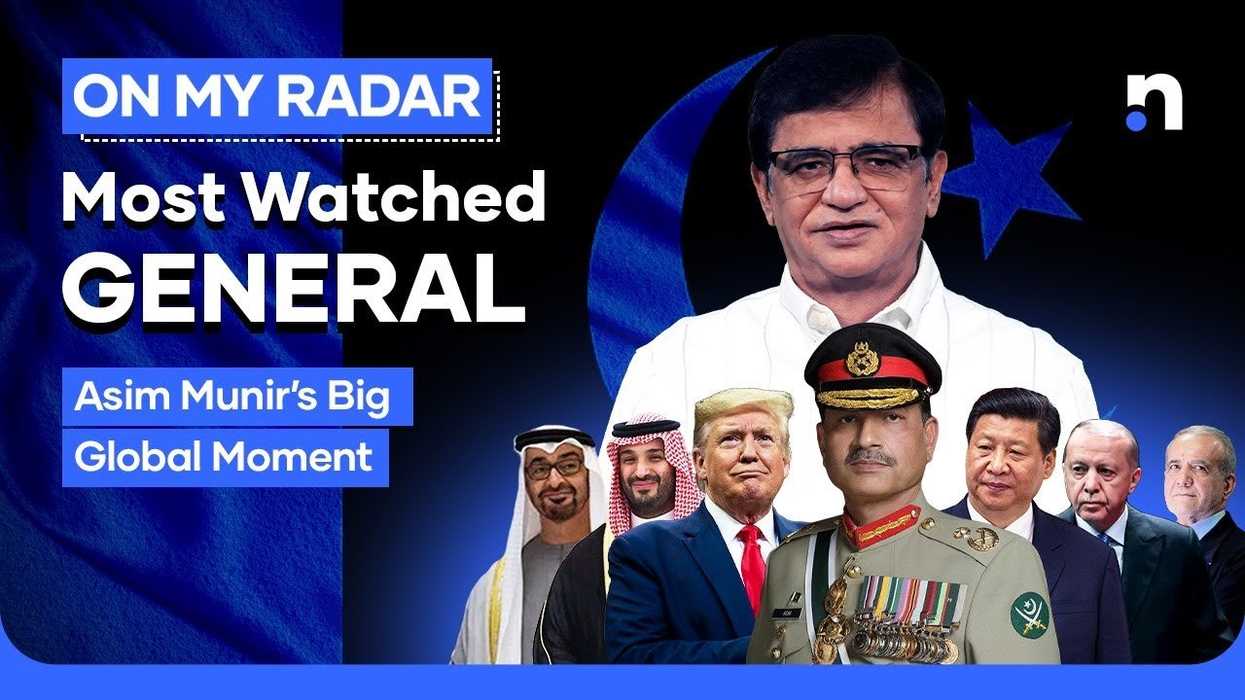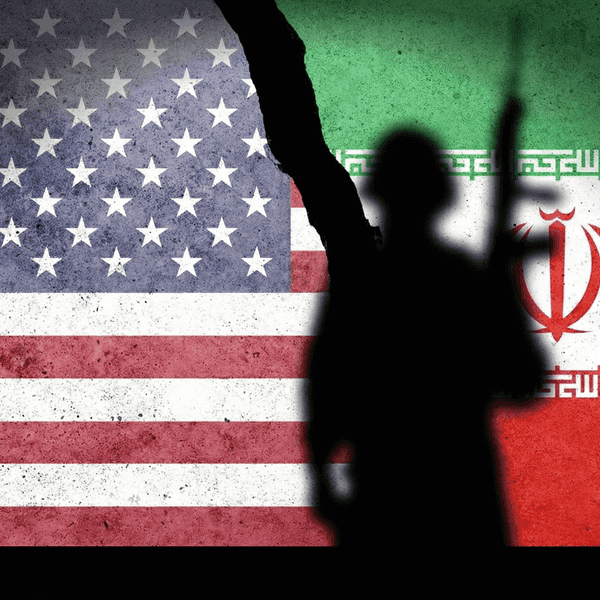Field Marshal Asim Munir emerges as Pakistan’s most influential figure on global stage
Kamran Khan highlights how global media portray Asim Munir as a decisive leader reshaping South Asia’s security landscape
News Desk
The News Desk provides timely and factual coverage of national and international events, with an emphasis on accuracy and clarity.
Pakistan’s head of state is President Asif Ali Zardari, and its head of government is Prime Minister Shehbaz Sharif. But global attention today, according to Kamran Khan, is firmly centered on another figure: Field Marshal Syed Asim Munir, the powerful chief of the army staff who he describes as the “strongest individual” in Pakistan.
Speaking on his program On My Radar, Khan said Munir is viewed internationally as the architect of a “new normal” in South Asian and Middle Eastern military strategy. Alongside his rising personal profile, Pakistan’s geopolitical relevance and “global prestige” are also being highlighted abroad, he added.
Khan noted that the volume of international analysis about Munir — especially after Pakistan’s recent war with India in May — is unusually high, exceeding the attention paid to any army chief since Gen. Pervez Musharraf.
Over the past few months, Munir has held high-stakes engagements with military leadership in the United States, China, Saudi Arabia, Iran, Turkey, Bangladesh and Central Asian states. He has also met President Donald Trump twice at the White House, and held talks with Crown Prince Mohammed bin Salman on two occasions.
Beyond the United States and Saudi Arabia, Munir has had direct interactions with Chinese President Xi Jinping, Turkish President Recep Tayyip Erdogan, Egypt’s President Abdel Fattah el-Sissi, and Jordan’s King Abdullah II. Since the Iran-Israel war, Munir and Iran’s President Masoud Pezeshkian have met three times, Khan said.
One turning point in Munir’s global image came months before the India conflict. Khan cited an article in The New York Times from May 5 that referred to Munir as “The Iron Man,” praising his forceful messaging during military exercises in which he delivered a speech atop a tank.
According to the Times, the address — vowing a swift and decisive response to any Indian military move — sent a clear warning to New Delhi. That assessment came before Pakistan’s battlefield gains or Munir’s elevation to field marshal, and prior to Trump hosting him at the White House.
The Times also referenced Munir’s April speech in Islamabad, where he reiterated the “two-nation theory” and called Kashmir Pakistan’s “jugular vein.”
Despite polarization in Pakistan’s domestic politics — particularly criticism from supporters of jailed former Prime Minister Imran Khan — Kamran Khan said these opposing views are not reflected in international coverage. Instead, he argued, Munir’s favorable image has pushed stories of political instability “to the margins” in the global press.
Still, not all commentary has been purely celebratory. The Financial Times recently questioned whether Pakistan’s “military strongman” can steer a nation struggling with economic and political issues. Critics quoted by FT said Munir has amassed more authority than some former military rulers under Pakistan’s “hybrid system,” though the newspaper stressed he remains constitutionally accountable to an elected government.
Khan also cited Al Jazeera, which relied on a Gallup survey to argue that Munir has helped restore public trust between the army and the population by strengthening ties weakened by years of so-called fifth-generation warfare. After the war with India, the survey reportedly found Pakistanis’ approval of the military above 90 percent.
Reuters has similarly reported on Munir’s surging popularity since the conflict with India, saying his growing global stature has been cemented by Trump’s invitations to the White House.
French newspaper Le Monde called Munir a “victor,” saying the confrontation with India transformed his domestic image into that of a national hero. Prime Minister Shehbaz, Khan added, has given Munir credit for improving Pakistan’s political and economic stability and boosting diplomatic influence.
Foreign Policy magazine described Munir as a uniquely positioned figure, one who has led both of Pakistan’s top intelligence agencies and now the army itself. The outlet said he is driving a “positive shift” in the perception of Pakistan’s military leadership.
Indian platform The Wire acknowledged that Munir’s diplomatic outreach to Washington — while maintaining strong ties with Beijing — has made him a “fear-inducing” figure in New Delhi. According to Khan, Indian analysts worry about the assertive tone of Munir’s strategic messaging.
The Washington Post attributed Pakistan’s recent diplomatic “reset” with the United States to Munir. The Financial Times reported that Trump has referred to him as his “favorite field marshal,” a dynamic the paper described as an unusual “bromance” that has drawn surprise in both countries.
The Guardian noted that Munir led Pakistan’s forces during the crisis with India and helped redraw the region’s balance of power. But it warned that reforms inside Pakistan — a “fractured” society — remain a major challenge.
Al Jazeera, in a June 19 opinion piece, questioned whether Trump’s embrace of Pakistan reflects a short-term political move or the start of a deeper partnership. The article highlighted Munir’s central role in charting the direction of U.S.-Pakistan ties.
Some international commentary goes further, Khan said, suggesting Munir has become a determining factor in global politics. The Wall Street Journal reported that during a Gaza peace summit in Egypt’s Sharm el-Sheikh, Trump publicly noted Munir’s absence from the stage, underscoring his importance.
Khan said foreign media largely sees Munir as leading not only Pakistan’s security architecture but also navigating a rapidly shifting regional power balance. With Washington, Beijing and Middle Eastern capitals all vying for influence, Pakistan has increased diplomatic engagement — particularly in the Gulf.
Under Munir, Pakistan and Saudi Arabia have signed a mutual defense agreement. Khan said Pakistan’s military and foreign policy are now pursuing a cautious but proactive balancing strategy.
Munir faces “immense opportunity and immense challenge,” Khan said. If he can convert Pakistan’s geostrategic position into sustainable economic development — and channel military institutional strength into transparent democratic governance — the broadcaster believes Pakistan’s trajectory could fundamentally change.
A growing narrative in the global press, Khan concluded, is that Munir aims to transform Pakistan from merely a militarily strong state into a developed nation through a “civil-military harmony model.”
If that transformation succeeds, Kamran Khan said, Field Marshal Asim Munir could become “an immortal figure in Pakistan’s history.”








Comments
See what people are discussing